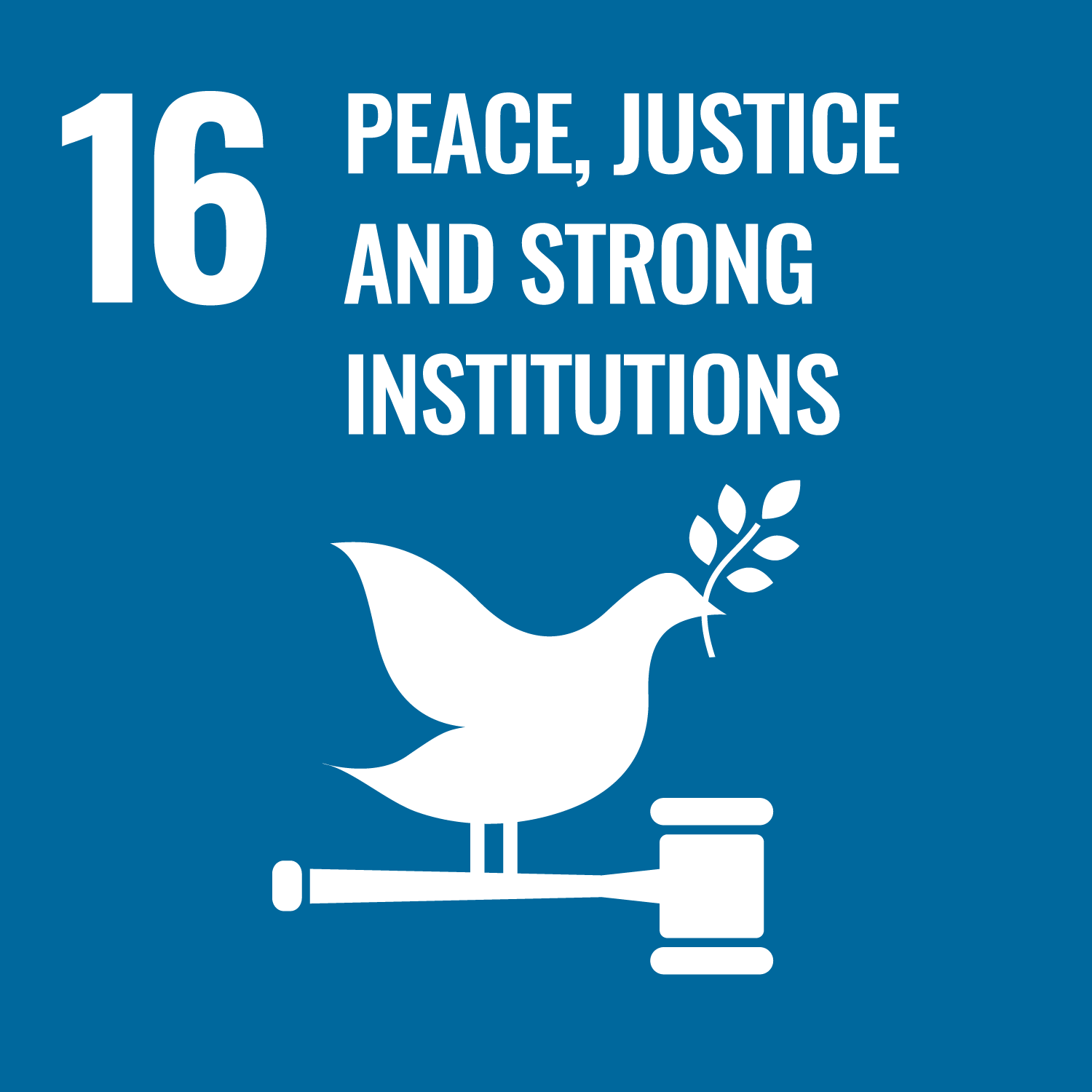The article opens with an introduction to neo-liberalism as a heteronormative agenda, arguing that the harmful effects of the neo-liberal policies that have been popular since the early 1980s are now widely recognised and that neo-liberalism has changed the ways heteronormativity manifests. The author points to the ways heteronormativity manifests in different contexts, such as the way low rates of women’s participation in the labour force have perpetuated the invisibility of women and lesbians in the Arab world. The author touches upon topics such as chosen family, casualisation of the labour force and growing informal economy, and the economic inequality within established and emerging LGBT communities.
The author then moves into a discussion of the sexual dimension of neo-liberal globalisation, opening with the example of official support for Thailand’s tourism industry without recognising the role of sex tourism. The author then moves into a discussion around the ways LGBT people and communities ‘fit’ (or do not fit) into the neo-liberal agenda, using the HIV/AIDS epidemic and subsequent advocacy for healthcare rights as an example. The impact on queer women is discussed before delving into an analysis of the ‘queering’ of families and communities. This is analysed further in the following section on self organisation of LGBT people in the face of resistance, their tactics, and the lessons that can (and should) be learned from these activists.
The author closes with ‘a queer agenda for participation’ and ‘a queer agenda for economic empowerment.’








